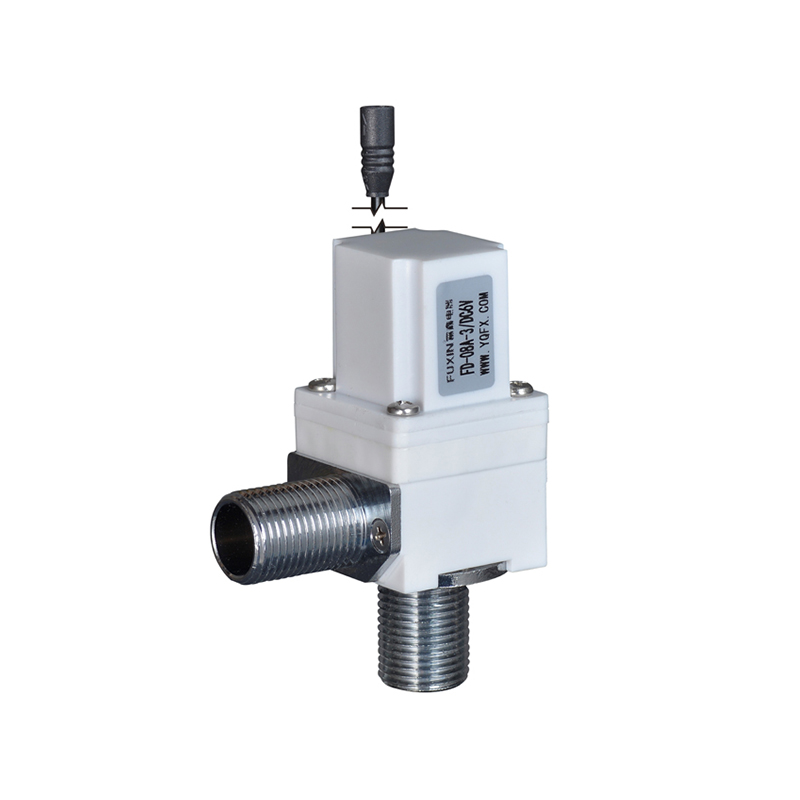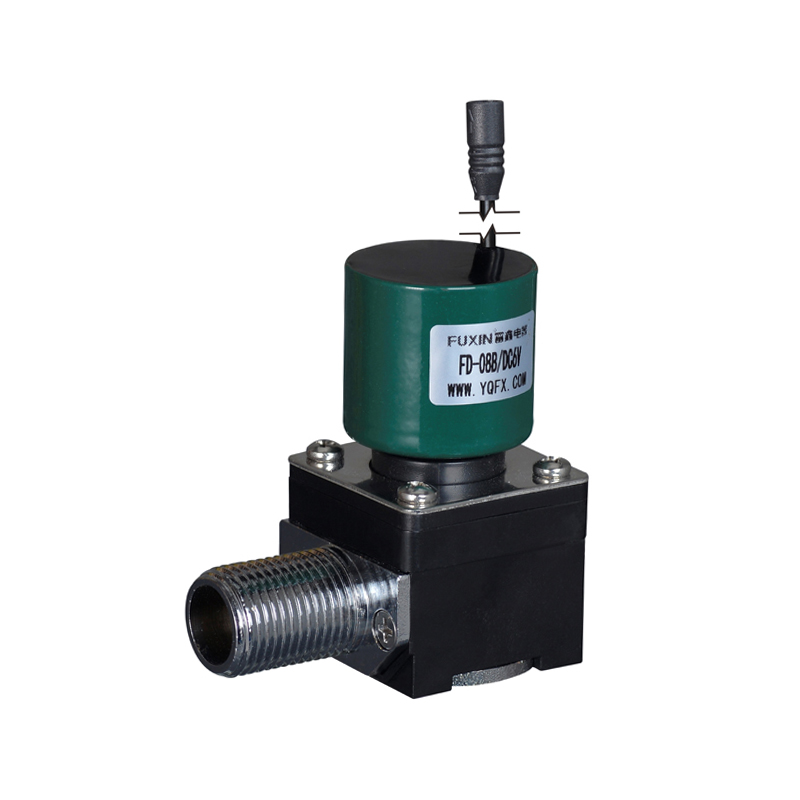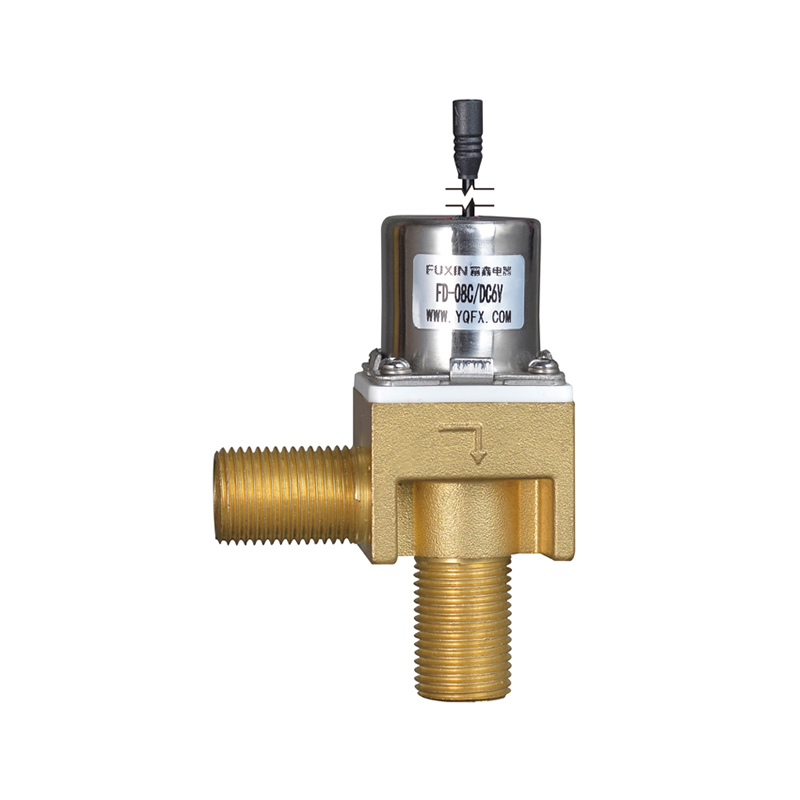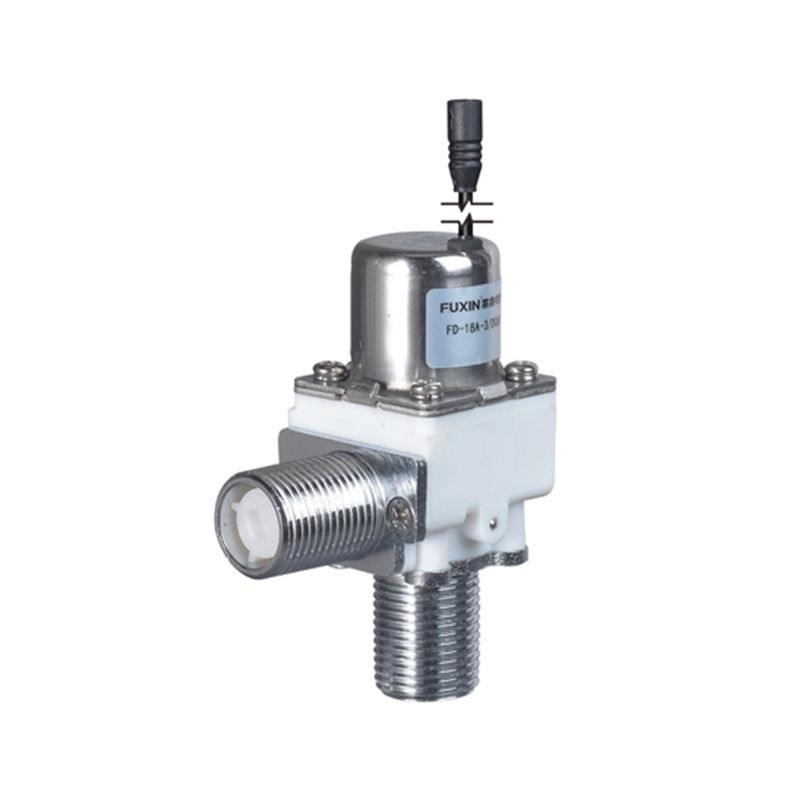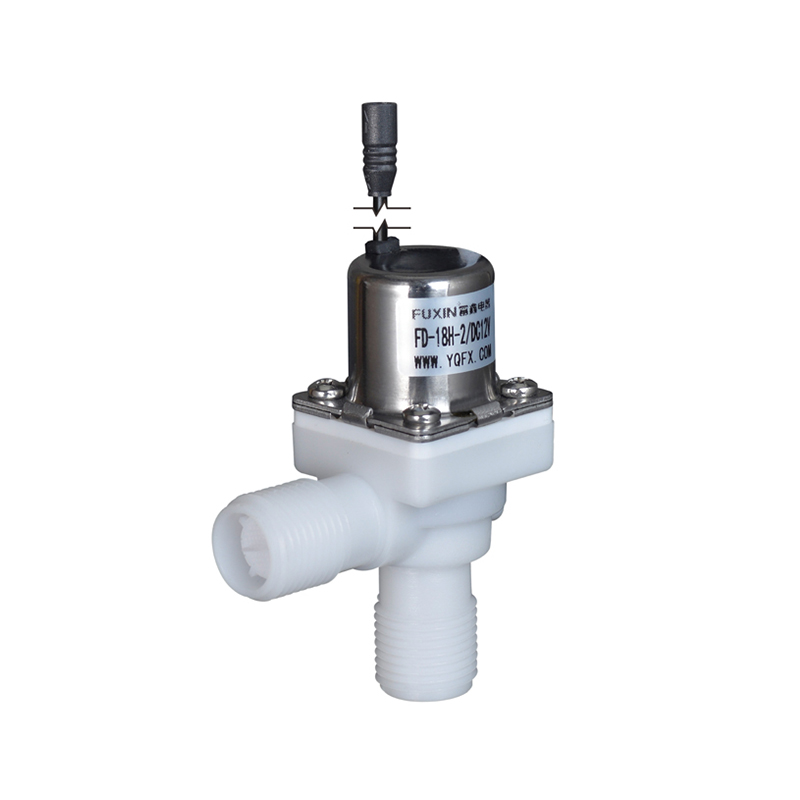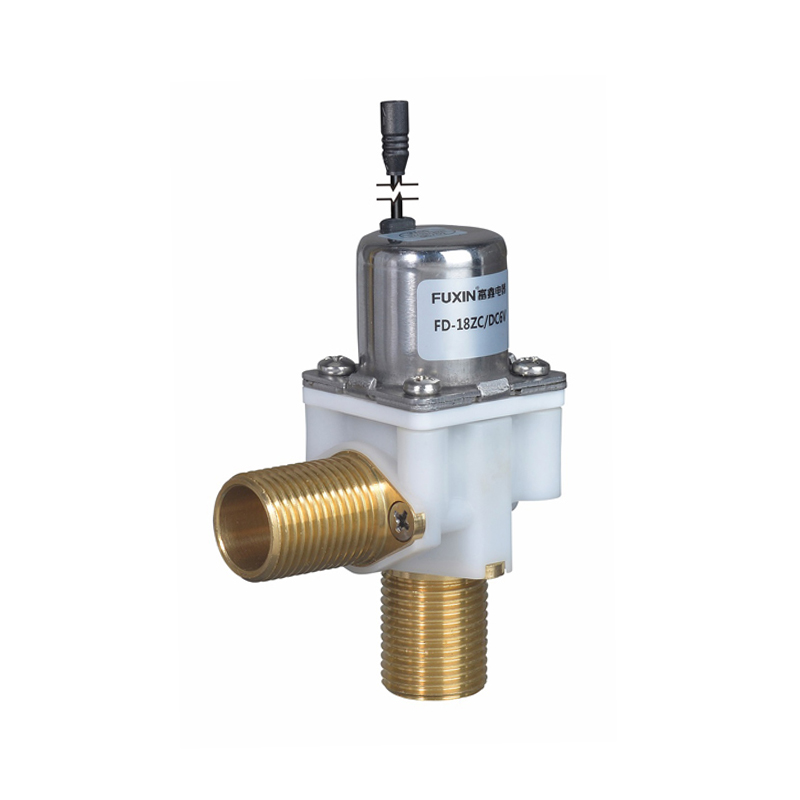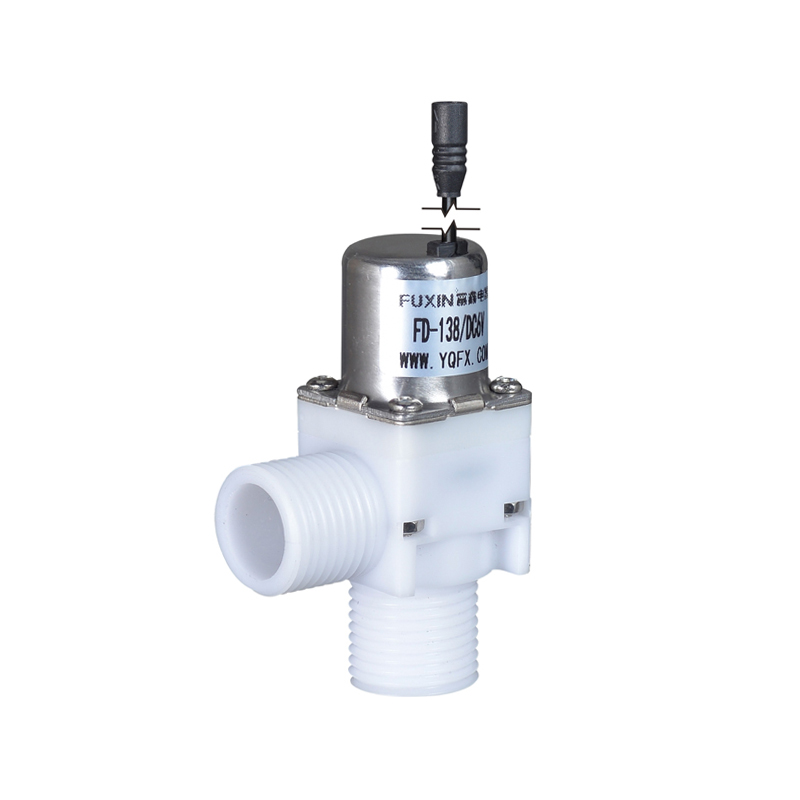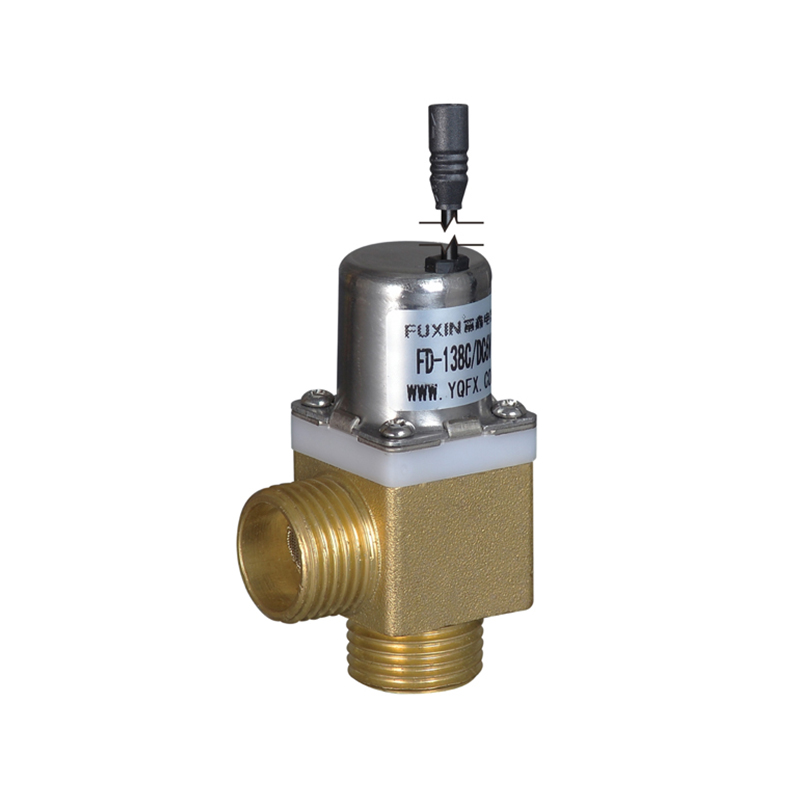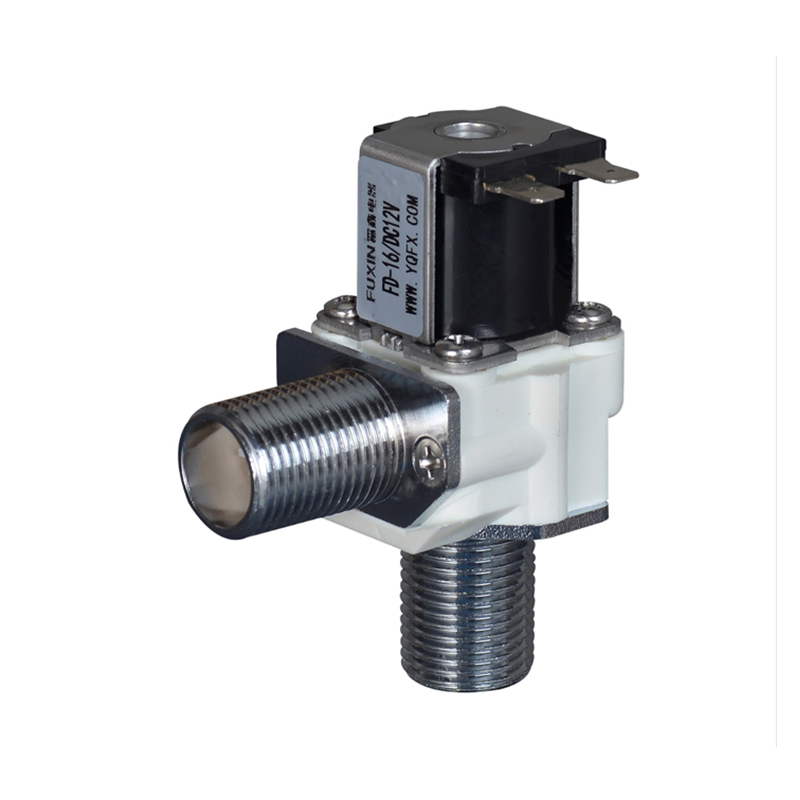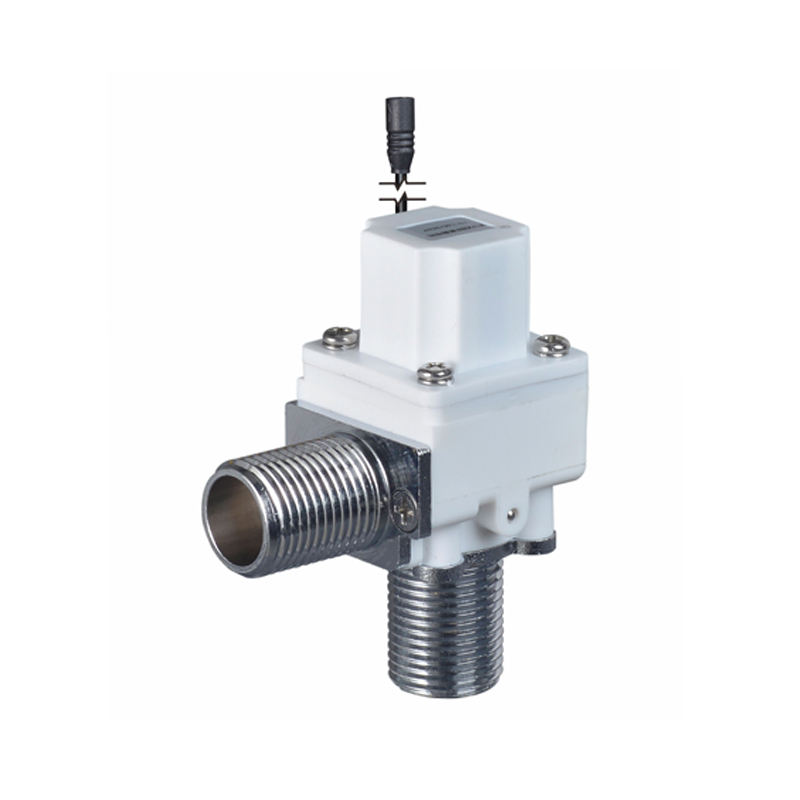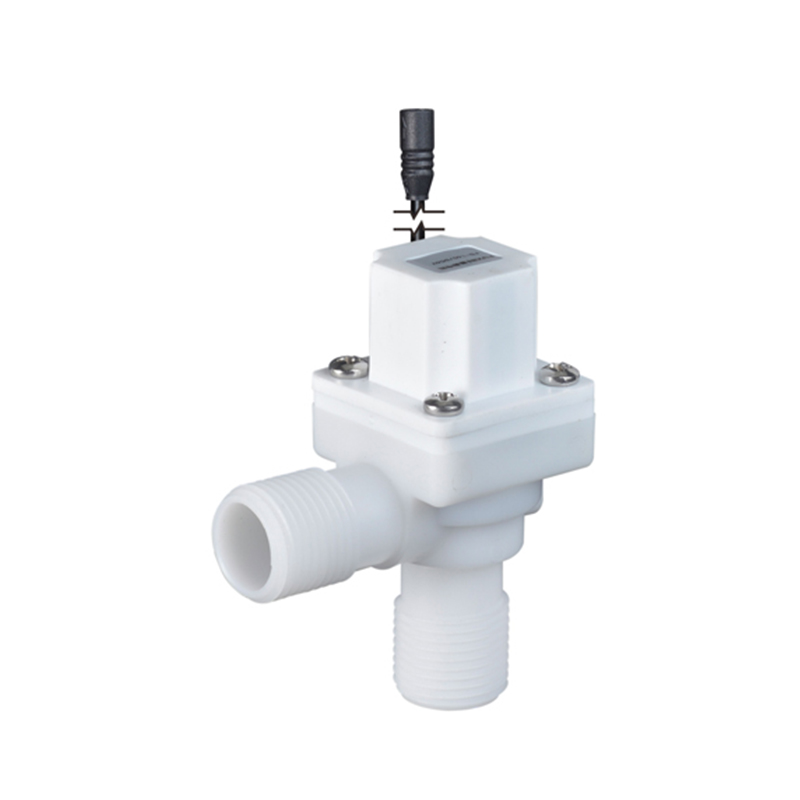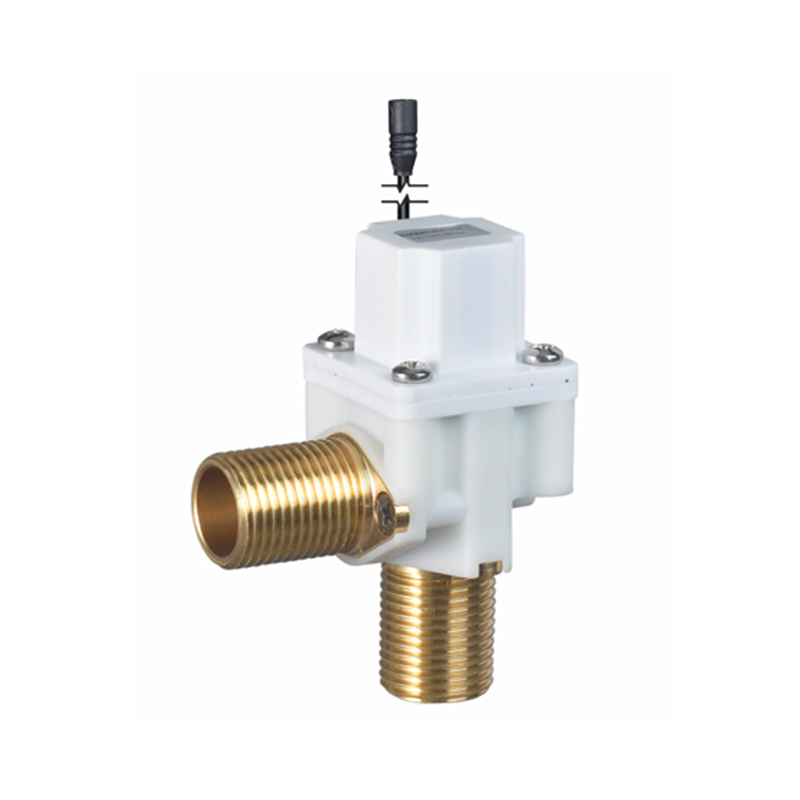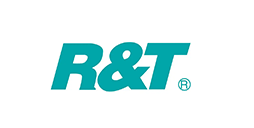As smart building technologies continue to reshape how modern spaces are managed, the sensor faucet solenoid valve is becoming an integral component of smart bathroom solutions in both public and commercial facilities. From office towers to shopping malls, the demand for commercial touchless faucet systems is growing as operators seek more efficient, hygienic, and cost-effective ways to manage water usage. Among the core components enabling this shift is the sensor faucet solenoid valve, which provides precise, contactless control over water flow.
Transforming Commercial Restrooms Through Automation
In the past, commercial restrooms often relied on manual taps that contributed to unnecessary water waste and high maintenance costs due to wear and tear. Today, with advancements in IoT faucet solenoid valve technology, facilities are transitioning to sensor faucet solenoid valve systems that respond instantly to user presence, ensuring water is dispensed only when needed.
A sensor faucet solenoid valve is an electronically controlled valve that activates water flow based on signals from a motion or infrared sensor. When a hand is detected under the faucet, the sensor sends a signal to the sensor faucet solenoid valve, triggering it to open. Once the user moves away, the valve closes automatically, effectively conserving water and reducing the need for physical contact.
Case Study: Smart Upgrade in Shanghai's LingTech Office Tower
A notable example of this transition is the LingTech Office Tower in Shanghai. During a recent retrofit project aimed at making the building compliant with green certification standards, the facility management team installed over 80 sensor faucet solenoid valve units across all public washrooms.
Before the installation, maintenance personnel had to inspect faucets daily due to frequent leaks, broken handles, and complaints about water waste. The building’s water bills were consistently high, with an average of 20% attributed to faucet overuse and leakage.
After deploying a sensor faucet solenoid valve system, the management reported a 40% reduction in water consumption within the two months. More importantly, the number of faucet-related maintenance calls dropped by over 60%. With commercial touchless faucet installations powered by sensor faucet solenoid valve assemblies, the tower achieved a higher rating in its annual environmental audit and significantly cut labor costs associated with plumbing repairs.
This successful case highlights how a sensor faucet solenoid valve solution can positively impact sustainability and operational efficiency in large-scale commercial settings.
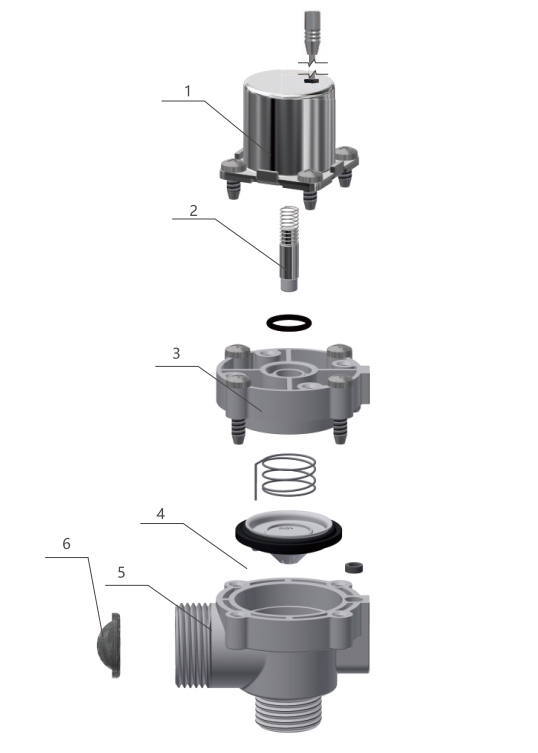
Benefits Beyond Water Savings
While the primary advantage of a sensor faucet solenoid valve is water conservation, its role extends far beyond utility savings. Hygiene is another key factor driving the adoption of smart bathroom solutions. In a post-pandemic world, minimizing surface contact in public spaces is a top priority. A sensor faucet solenoid valve system allows users to wash their hands without touching any surfaces, which is essential in reducing the spread of germs in high-traffic environments.
Moreover, the integration of IoT faucet solenoid valve technologies enables building managers to monitor faucet usage in real-time. Data collected from each sensor faucet solenoid valve can be used to predict maintenance needs, detect unusual patterns, or even schedule cleaning cycles based on actual usage rather than fixed timetables.
Expanding Across Sectors
The adoption of sensor faucet solenoid valve technology is not limited to office buildings. Shopping centers, hospitals, airports, and educational institutions are also recognizing the long-term advantages of commercial touchless faucet systems. These institutions often face high restroom traffic and cannot afford frequent maintenance downtime. By investing in sensor faucet solenoid valve infrastructure, they are enhancing both user experience and operational reliability.
In the hospitality sector, for instance, upscale hotels are incorporating sensor faucet solenoid valve features into premium restrooms to align with luxury standards while maintaining sustainability commitments. Similarly, healthcare facilities are using sensor faucet solenoid valve designs to reduce contamination risks for both patients and staff.
The Future of Water Management in Smart Buildings
As more buildings strive to meet ESG (Environmental, Social, Governance) goals, the role of intelligent plumbing systems will only grow. The sensor faucet solenoid valve will continue to be at the heart of this transformation, offering a scalable and efficient way to modernize washrooms.
In conclusion, the widespread adoption of sensor faucet solenoid valve systems marks a pivotal shift in how commercial spaces manage water and hygiene. Whether it’s part of a large-scale smart building retrofit or a new commercial facility installation, the sensor faucet solenoid valve stands out as a proven and practical solution for next-generation water control.


 EN
EN English
English Español
Español
